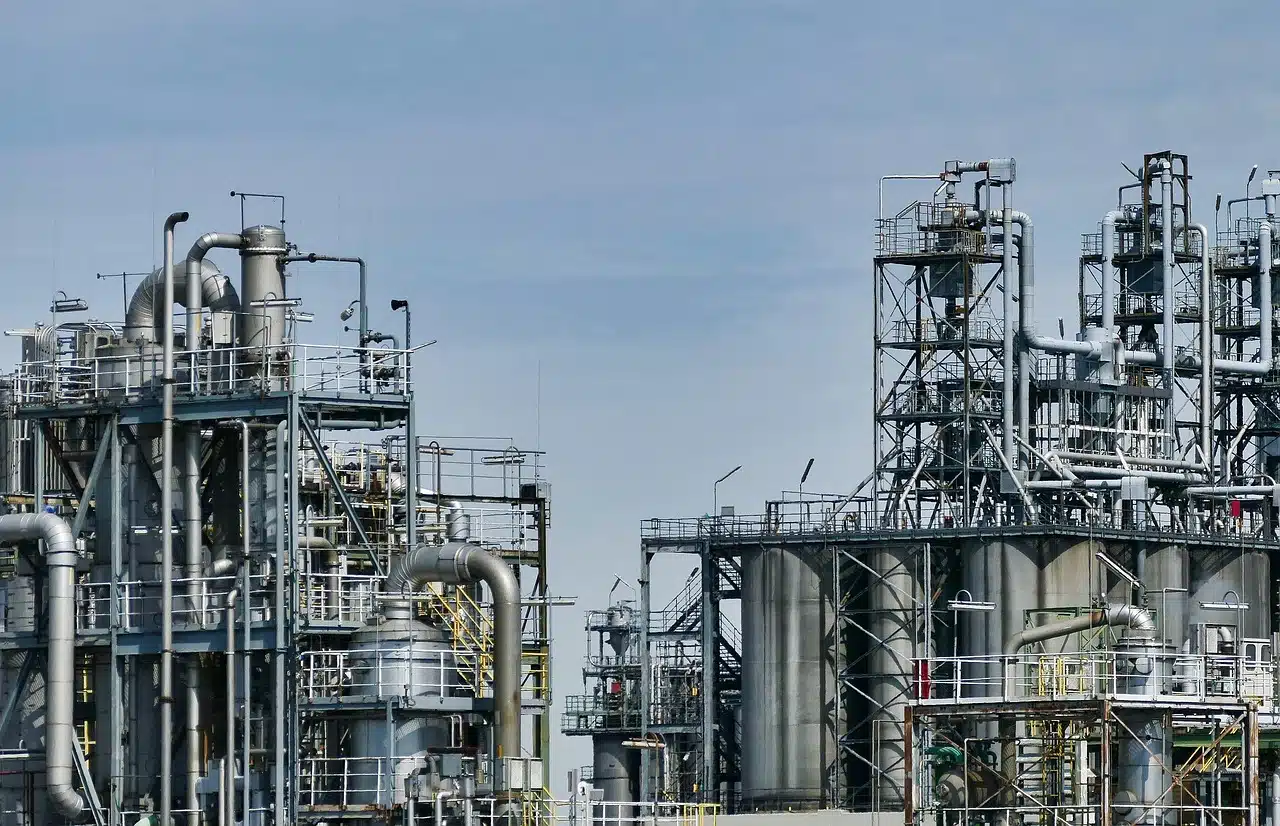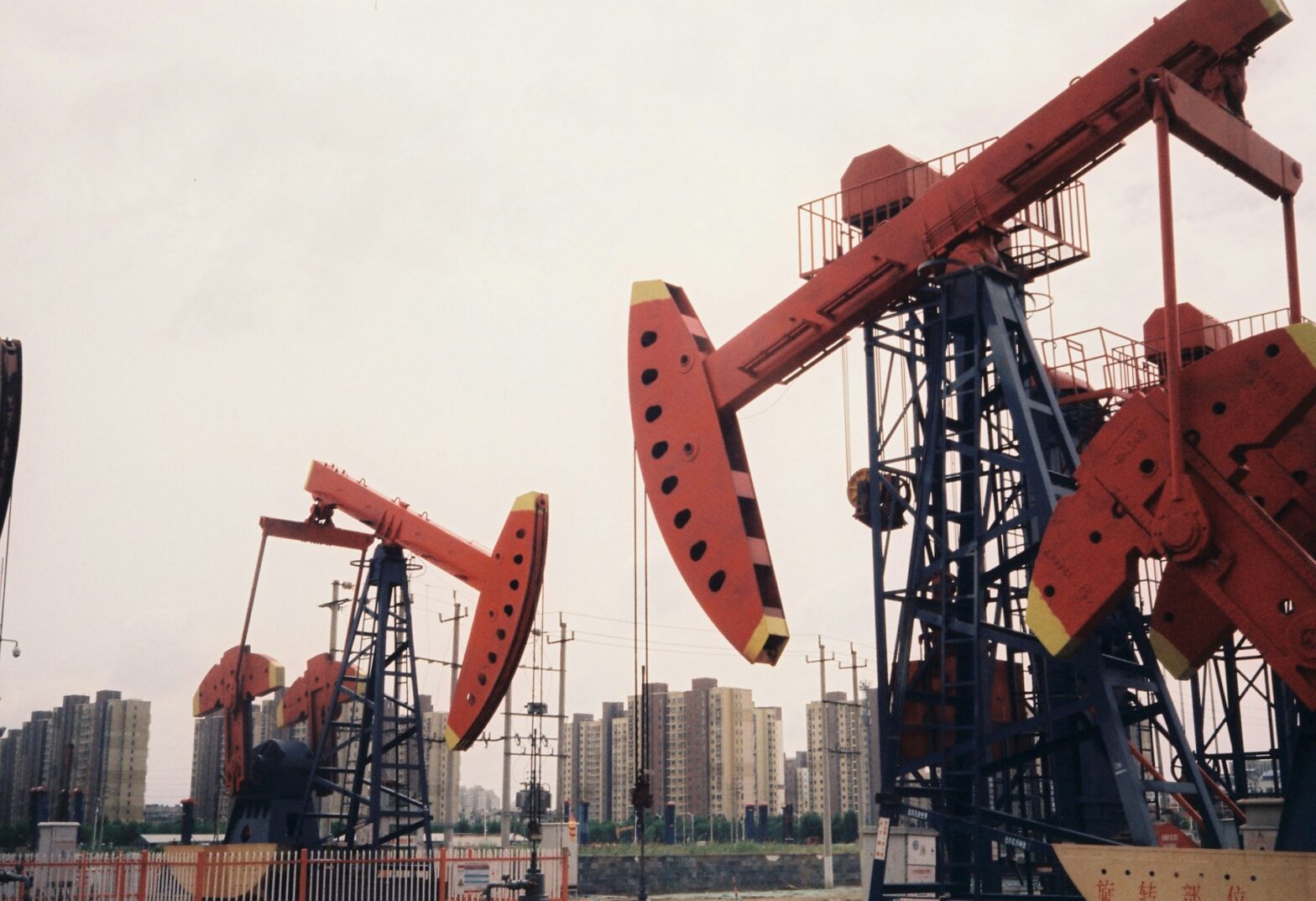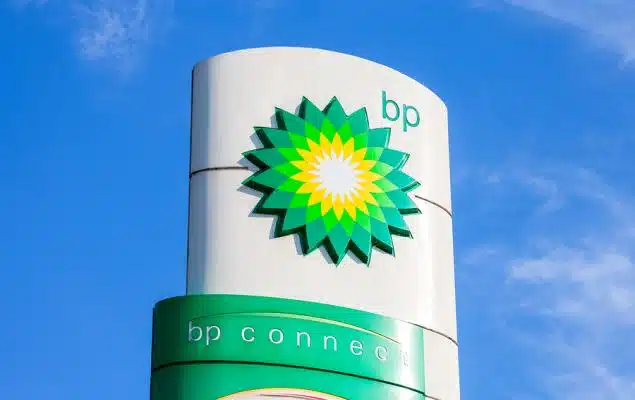Egypt’s refining sector generated EGP 349 billion (~$7 billion) in revenue in the 2023/2024 fiscal year (FY), reflecting a significant 18.8% increase from the EGP 288 billion (~$5.73 billion) reported in FY 2022/2023.
This was disclosed in the country’s oil refining industry report, released in June and seen by Energy in Africa.
In the fiscal year under review, which runs from July 1 to June 30, gas recorded the highest growth, increasing by 24.2%, followed by petrol, which rose by 23.7%.
In 2023, LPG maintained steady growth of 19%, while fuel oil remained stable with no change in sales. Meanwhile, the “Others” category increased by 13.8%.
This surge was fueled by a combination of factors, as the sector undergoes a critical transformation to meet both growing domestic demand and export opportunities.
Export growth
Egypt exported a total of 591,000 tons of refined petroleum products, withvacuum distillates leading at 209,000 tons.
This was followed by 183,000 tons of jet fuel and 69,000 tons of paraffinic naphtha.
While the total export volume was slightly lower than in the previous year, jet fuel continued to generate the highest value due to strong regional demand.
According to the report, jet fuel, vacuum distillates, and paraffinic naphtha together contributed the bulk of Egypt’s export revenue, fetching $288 million in total.
Strong local sales
Beyond exports, Egypt also experienced robust domestic sales of refined petroleum products.
Gas oil recorded the highest revenue, generating EGP 159 billion (~$3.16 billion)—a 19.49% increase from EGP 128 billion (~$2.55 billion) in FY 2022/2023.
Gasoline followed, with EGP 115 billion (~$2.29 billion) in sales, up 19.31% from EGP 93 billion (~$1.85 billion) the previous year.
LPG and fuel oil earned EGP 25 billion (~$50 million) and EGP 17 billion (~$34 million) respectively, compared to EGP 21 billion (~$42 million) and EGP 17 billion (~$34 million) a year earlier.
While fuel oil sales remained unchanged, other refined products grew modestly to EGP 33 billion (~$66 million) from EGP 29 billion (~$58 million).
Domestic fuel consumption during the period remained relatively stable, totaling 34.56 million tons, up slightly from 34.19 million tons in FY 2022/2023.
Sector upgrades and investment
Most of the revenue growth stemmed from infrastructure upgrades at strategic refineries like MIDOR, Assiut, and Cairo, as well as broader refinery-wide investments.
In FY 2023/2024, Egypt’s refining industry attracted EGP 19.734 billion (~$39 million) in investment, a 12.67% increase from EGP 17.234 billion (~$34 million) in the previous year.
A significant portion of these investments targeted improvements in petroleum product specifications, particularly aligning with Euro 5 standards.
The shift toward Euro V diesel and cleaner fuels enabled Egyptian refineries to meet international benchmarks and expand export capacity.
During the year, the sector expanded and modernized its production capacity, helping close market gaps and reduce dependence on fuel imports.
Egypt, which saw one of the largest declines in LNG exports in 2024, currently operates 11 active refineries. Nearly all of the country’s refining plants are controlled by the Egyptian General Petroleum Petroleum Company (EGPC).
Meanwhile, fertilizer producers were forced to halt operations on Friday due to a sharp decline in natural gas imports from Israel, as tensions between Israel and Iran escalated.
In recent months, Egypt has been seeking long-term LNG supply agreements to support rising domestic energy needs and offset declining local production.










